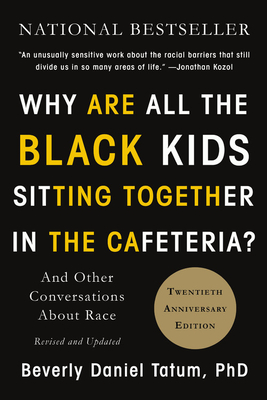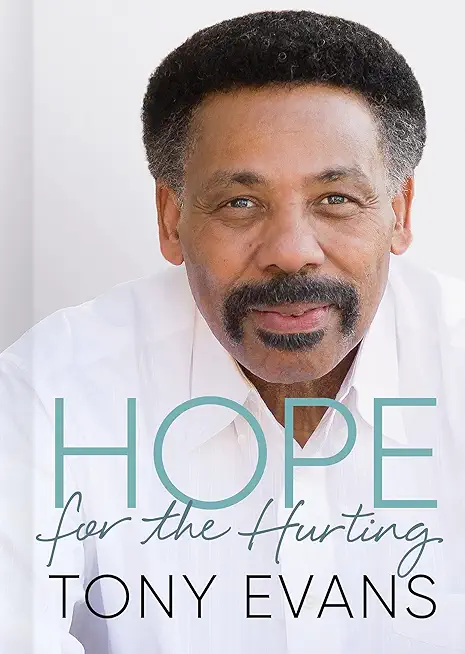
Eddo-Lodge, Reni
A feminist reclamation of London's hidden history, through a reimagining of the city's iconic Tube map.
Londoners Reni Eddo-Lodge and Emma Watson have reimagined the iconic Tube map, in collaboration with Rebecca Solnit, to celebrate the lives of women and non-binary people who have left a lasting impact on the city. The new map, unveiled on International Women's Day in partnership with Transport for London, re-names each stop after a woman, non-binary person or a group who have shaped London.
Instead of Bond Street, Notting Hill Gate, Warren Street, Paddington, Euston Square, Waterloo, Bank or Lancaster Gate, the City of Women London Tube map invites us to mind the gap at Audrey Hepburn, Claudia Jones, Virginia Woolf, Mary Seacole, Noor Inayat Khan, Agnes Beckwith, Boudica or Jung Chang.
This map has been produced and packaged as a large poster. An interactive, digital version developed by UCL allows people to learn more about each person and their inspiring lives.
The women and non-binary people assigned to each station were identified through a multi-layered research process, beginning with an open call for suggestions. Some of these figures are household names while others are unsung heroes from London's hidden histories, yet each has indelibly shaped the city. The names for the map were selected by the authors of the project, with input from an advisory group made up of academics, writers, activists and historians. Where possible, names have been placed at a station with a personal or symbolic connection to their lives. The inclusion of several non-binary people on the map recognises the resonance between their lives and undertakings and the anti-patriarchal spirit of the City of Women project (in all cases, they are in full agreement about their inclusion).
The City of Women map is the result of a collaboration launched in 2020 between Reni Eddo-Lodge, Rebecca Solnit, Emma Watson, cartographer Molly Roy, designer Lia Tjandra and Haymarket Books, in partnership with Transport for London, the WOW Foundation and University College London.







